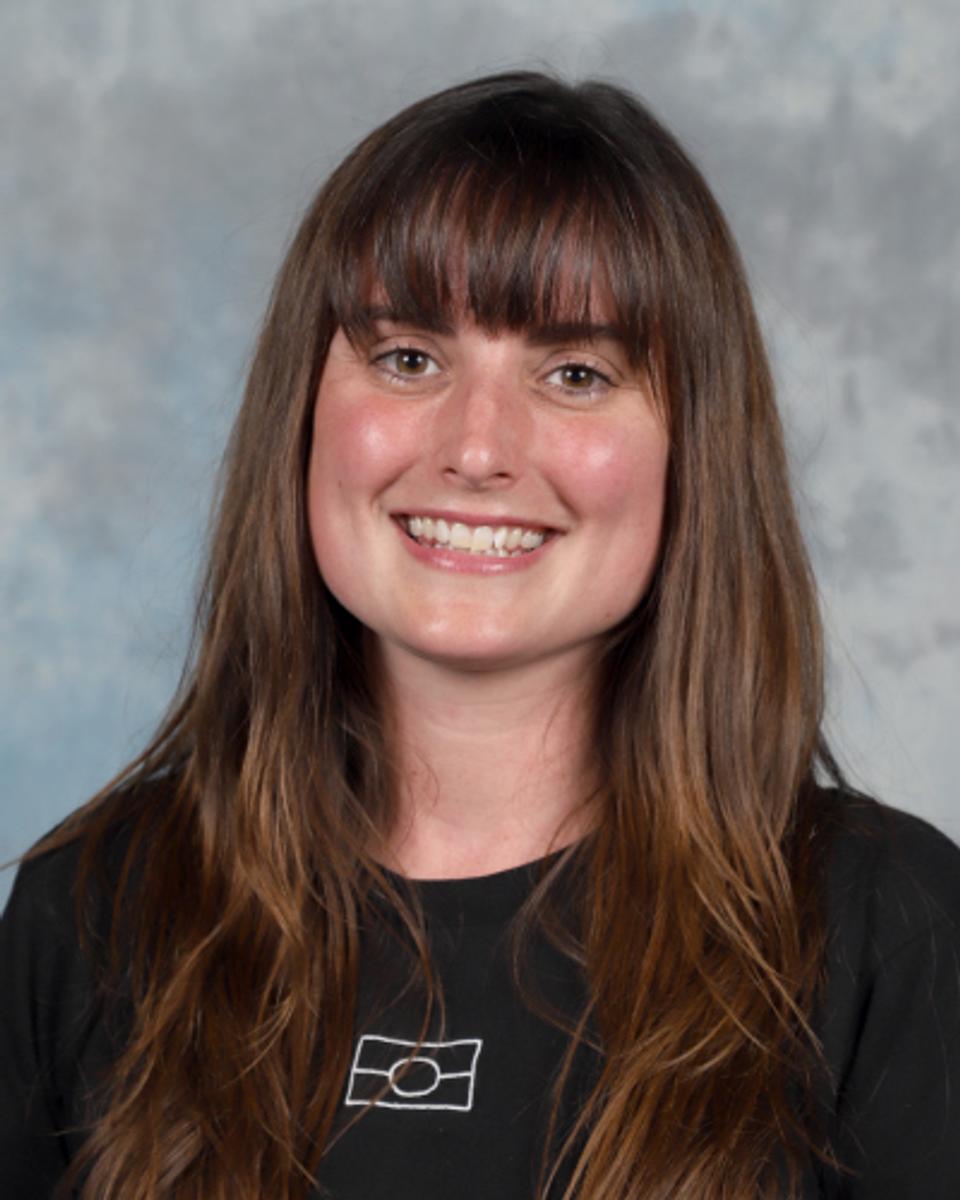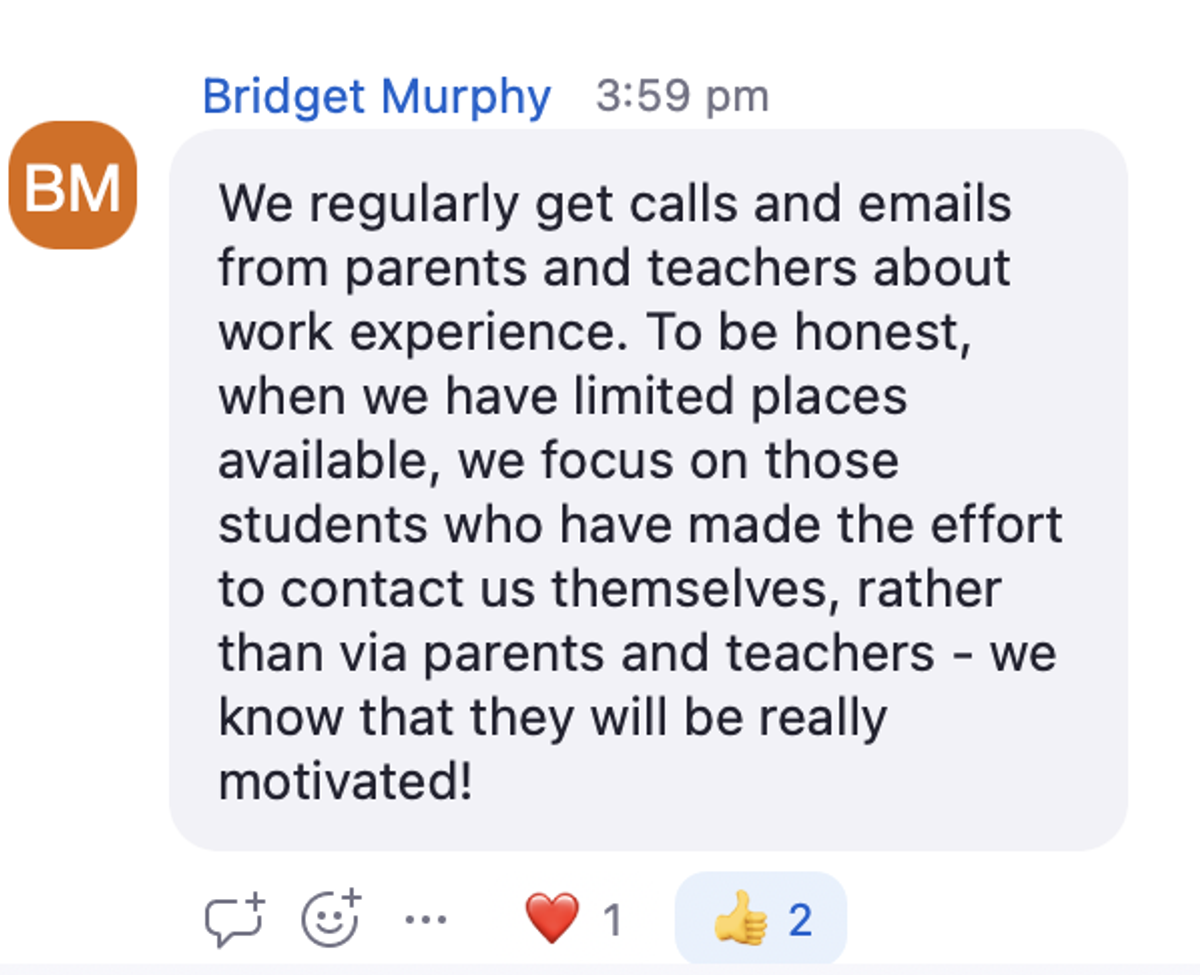Year 12 Students
Important Info & Dates

Year 12 Students
Important Info & Dates


Laura Hughes
Pathways Counsellor
ATARs Released | Monday 11 December 2023 |
Change of Preference (CoP) closes | Wednesday 13 December 2023 |
December Round Offers | Thursday 21 December 2023 |
January Round International Offers | Friday 5 January 2024 |
January Round Domestic Offers | Friday 12 January 2024 |
February Offer Rounds | Tuesday 6 February 2024 onwards |
For a full list of cancelled, amended, and new courses, visit VTAC Course Updates
The VTAC website is www.vtac.edu.au
Make sure that your VTAC account is registered with a personal (not school) email address, and that in your account you tick ‘Yes’ to be made eligible for supplementary offer rounds.
Supplementary offers commence after February offer round 1 domestic.
You may receive supplementary offers if you:
In mid-November, after exams, I will send out a guide to change of preference and accepting offers in the next (last) issue of the Brunswick Star, to students and parents on Compass and on the Teams Year 12 channel.
Scholarship for young women in STEM
Eligible Year 12 students are strongly encouraged to read more about scholarships and apply here:
https://www.womenofstem.com.au/about
I recently enjoyed this article by Career Practitioner and CEO, Lucy Sattler, about how supporting young people to contact potential employers, work experience providers, and other external career contacts is valuable. This is related to our Pathways Curriculum, as we are working on content around making professional phone calls and emails, hopefully to be presented early in the Year 10 program.
I have added some key excerpts here from Lucy’s article, and the full article is available at this link: Getting young people to do things for themselves .
“I was on a panel yesterday where one of the guests, Bridget Murphy, who just so happens to run a very popular STEM work experience program, made this comment:


“And this is not the first time I've seen this occur - scholarship providers, people offering cadetships, even those looking for apprentices, they all prefer it when the student or young person contacts them, than if a parent or other adult does it on their behalf”.
When young people learn how to contact employers and apply for work experience on their own, they are actively building the communication skills they will need in the workplace.
Of course, they're going to get it wrong sometimes, but that is part of learning and the vast majority of people are absolutely lovely and more than capable of supporting young people as they learn how to communicate in the adult world”.
Lucy’s tips (backed up by our Work Experience Pack – the PDF is available to all year 9 students and families via Compass and Teams).
Tip 1 - Scaffold the process
Tip 2 - Follow a formula
Tip 3 - Rehearse
As always - students and families are welcome to get in touch with me any time via email at LHUG@brunswick.vic.edu.au.